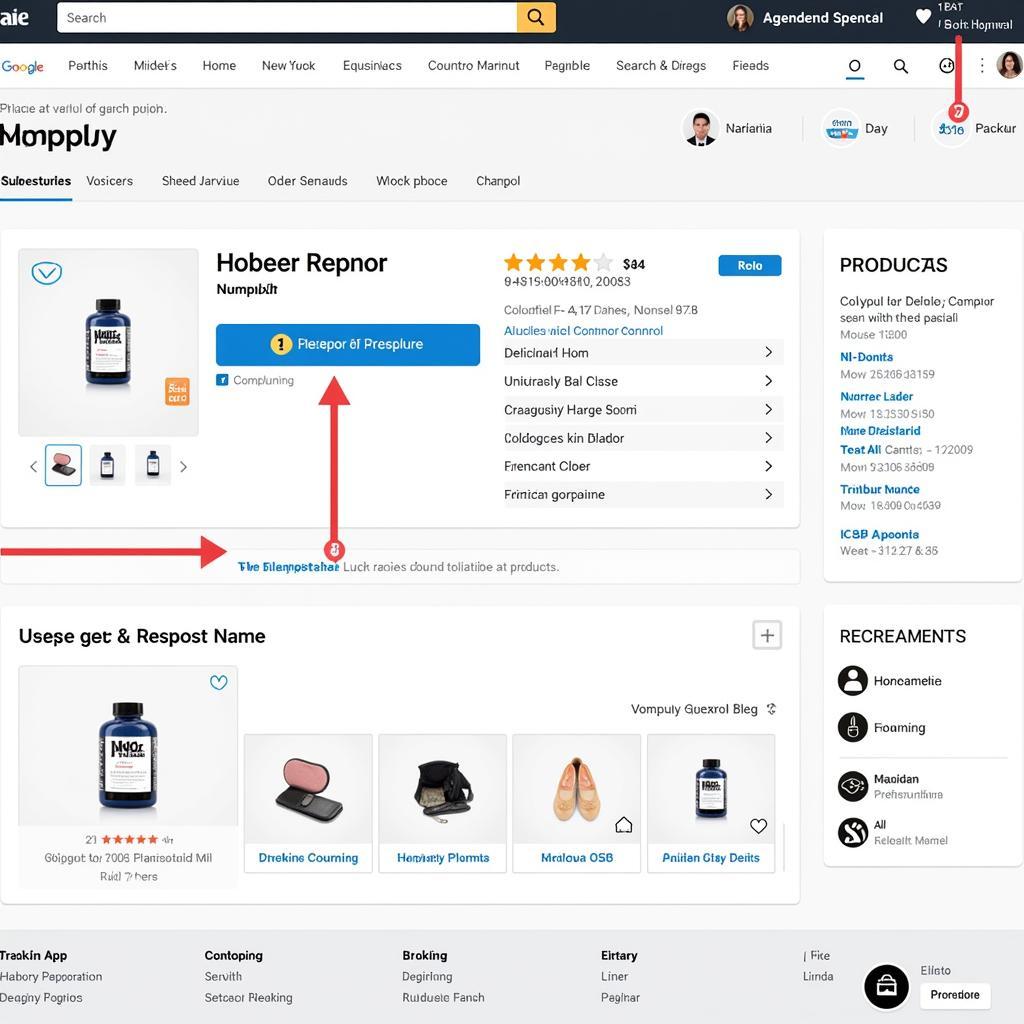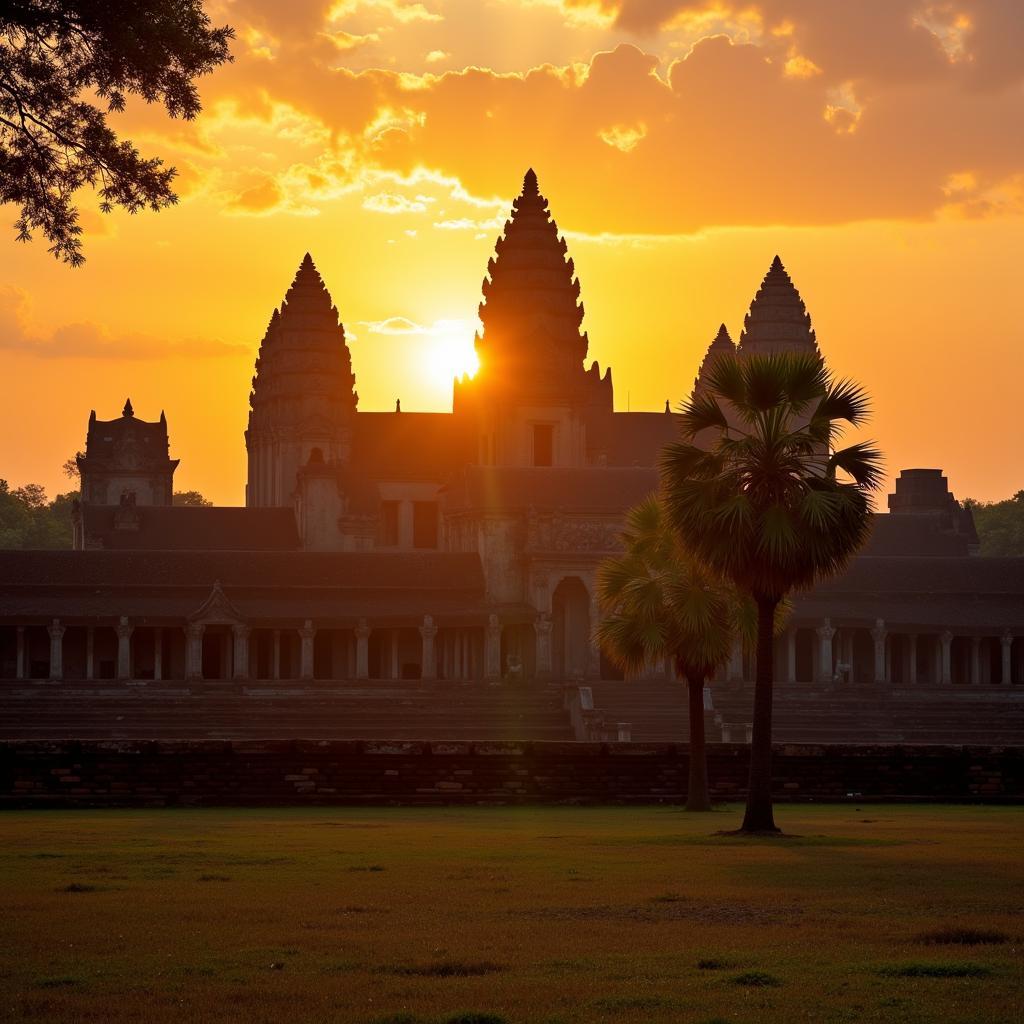The 1st Amendment of the United States Constitution guarantees fundamental rights such as freedom of speech, religion, press, assembly, and petition. While these rights are considered sacrosanct in the US, their application and interpretation vary significantly across Southeast Asia. This article explores the nuances of the 1st Amendment principles within the diverse sociopolitical landscapes of ASEAN countries, highlighting both the convergences and divergences in their approaches to these fundamental freedoms.
Freedom of Speech and Expression: A Spectrum of Protections
The concept of free speech, while seemingly straightforward, takes on different meanings across Southeast Asia. While some nations like Indonesia have made strides in enshrining freedom of expression in their constitutions, others like Vietnam maintain stricter control over public discourse.
For instance, Article 28 of the Indonesian Constitution guarantees freedom of opinion and expression. This has led to a relatively vibrant media landscape and active civil society participation in public debates. However, limitations exist, particularly in areas deemed sensitive, such as religious harmony or national security.
In contrast, Vietnam’s approach to free speech is more restrictive. Article 25 of the Vietnamese Constitution, while acknowledging the right to freedom of opinion and speech, also emphasizes that the exercise of these rights must not infringe upon the interests of the State. This often translates into limitations on dissent and criticism of the government.
“The balance between individual freedoms and collective interests is a delicate one,” observes Dr. Nguyen Thi Hanh, a legal scholar specializing in Southeast Asian media law. “Each country in ASEAN navigates this balance based on its historical context, political system, and cultural norms.”
Freedom of Religion: Navigating Diversity and Harmony
Southeast Asia is a melting pot of religions, with Buddhism, Islam, Christianity, and various indigenous faiths coexisting within its borders. This religious diversity, while enriching, also presents unique challenges in upholding freedom of religion.
Malaysia, for instance, constitutionally recognizes Islam as the religion of the federation while guaranteeing freedom of worship for other faiths. This approach aims to balance the prominence of Islam with the rights of religious minorities. However, complexities arise in issues like conversion, apostasy, and the interpretation of Islamic law, which can sometimes lead to tensions.
In Thailand, while Buddhism holds a significant place in society, the constitution guarantees religious freedom. However, there have been instances of discrimination and violence against religious minorities, particularly in the southern provinces. This highlights the importance of not only legal frameworks but also societal attitudes in upholding freedom of religion.
A Dynamic Landscape: Evolving Understandings of Freedoms
The interpretation and implementation of 1st Amendment principles in Southeast Asia are not static. They continue to evolve as societies grapple with issues like technological advancements, globalization, and shifting social values.
The rise of social media, for instance, has created new avenues for expression and information sharing but also poses challenges in regulating online content and hate speech. Governments in the region are grappling with how to strike a balance between fostering online freedoms and mitigating the potential harms of unchecked digital communication.
Furthermore, the growing interconnectedness within ASEAN through economic integration and people-to-people exchanges fosters greater awareness and dialogue on human rights, including those enshrined in the 1st Amendment. This ongoing conversation within the region and with international actors contributes to shaping the future landscape of freedoms in Southeast Asia.
Conclusion: A Journey Toward Greater Freedoms
The journey toward fully realizing 1st Amendment principles in Southeast Asia is an ongoing process. Each nation navigates this path based on its unique context, balancing individual liberties with societal harmony and national interests.
While challenges remain, the increasing awareness of human rights, growing civil society engagement, and ongoing dialogues within and beyond ASEAN provide hope for continued progress in upholding fundamental freedoms. The path forward requires a nuanced understanding of local contexts, a commitment to dialogue, and a shared vision of a more inclusive and free Southeast Asia.
FAQ
1. Does the 1st Amendment apply outside the United States?
No, the 1st Amendment directly applies only within the United States. However, the principles it embodies, such as freedom of speech and religion, are considered fundamental human rights recognized by international conventions and often reflected in the constitutions of other countries, including those in Southeast Asia.
2. What are some key challenges to freedom of the press in Southeast Asia?
Challenges to press freedom in Southeast Asia can include restrictive media laws, government censorship, intimidation and harassment of journalists, limited access to information, and a lack of media independence due to economic or political pressures.
3. How does ASEAN promote human rights, including freedoms of expression and religion?
ASEAN has established mechanisms like the ASEAN Intergovernmental Commission on Human Rights (AICHR) and the ASEAN Human Rights Declaration to promote and protect human rights within the region. However, the effectiveness of these mechanisms in addressing specific violations and holding member states accountable remains a subject of debate.
4. How has the digital age impacted freedom of expression in Southeast Asia?
The internet and social media have provided new platforms for citizens in Southeast Asia to express their views and access information. However, these technologies have also been met with increased government surveillance, online censorship, and the spread of misinformation, posing new challenges to freedom of expression in the digital age.
5. What are some resources for further learning about 1st Amendment rights and their application globally?
Reputable organizations like the Committee to Protect Journalists, Human Rights Watch, and Amnesty International provide valuable resources and reports on press freedom, freedom of expression, and religious freedom worldwide. Additionally, academic journals specializing in law, human rights, and Southeast Asian studies offer in-depth analyses of these issues within the region.
Need Help? Contact Us
For any inquiries or assistance related to Southeast Asian media and information, please do not hesitate to contact us:
Phone: +84 369 020 373
Email: [email protected]
Address: Ngoc Lien Village, Hiep Hoa, Bac Giang, Vietnam.
Our dedicated customer support team is available 24/7 to assist you.


